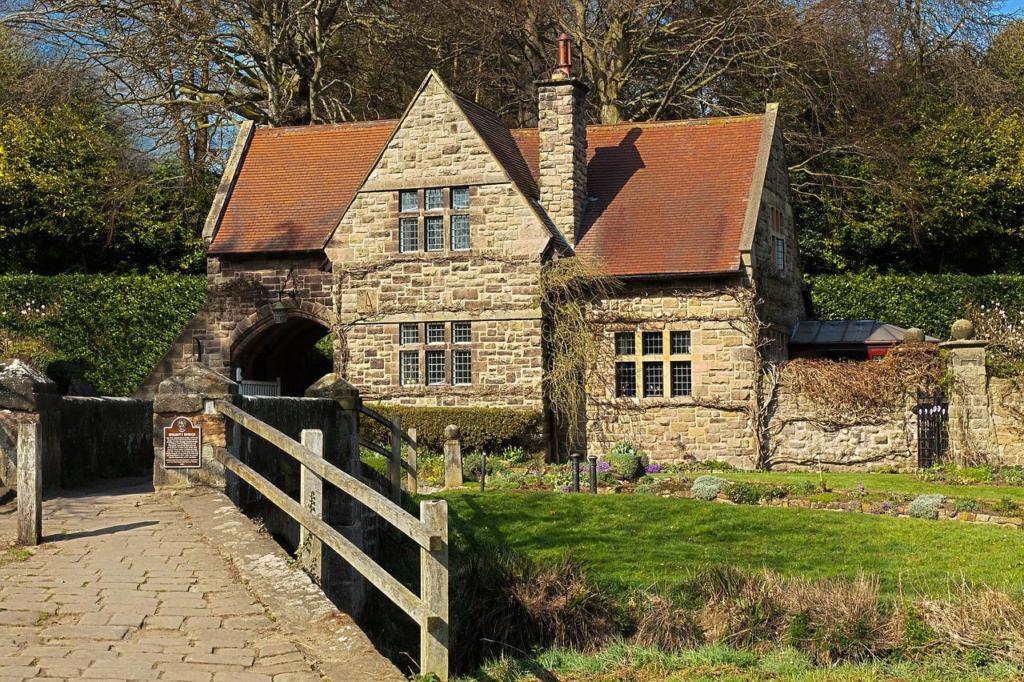
When a relative or friend dies, there may be a property that is part of the estate which has been left in the will to a beneficiary or needs to be sold. The property’s ownership will need to be transferred to either the co-owner, usually a spouse or civil partner, if in both of their names, transferred to the new owner if being sold, or transferred to the beneficiary.
Transferring ownership is changing the name of the owner on the property’s Title Deeds. Different situations, such as whether there is a will or not, and whether the property is tenanted, require different documentation. Here are the steps you need to take to transfer ownership of a property after death.
Transferring a property with or without a will
To transfer ownership of a property after death to a new name is known as a title transfer. However, the process depends on whether the deceased left a will or not. If there is a will, the title transfer will be handled by the executor(s) of the will according to the deceased’s wishes when they have received a Grant of Probate. If there is no will, the Rules of Intestacy will apply, which detail who is allowed to inherit from the estate, and thereby the property, i.e. succession laws, but this cannot happen until Letters of Administration have been granted by the court and an ‘administrator’ appointed.
To transfer the ownership, the executor(s) or administrator of the estate needs complete two forms that are sent to Land Registry, which are:
- Form AS1 – this form represents the whole of the registered property title and confirms that you, as executor(s) or administrator(s) of the deceased’s estate approve the transfer of the property to the beneficiary, or beneficiaries.
- Form AP1 – this form is the Change of Register that the Land Registry uses to complete the transfer.
- Form TRI – if the property is being sold, this form is used by conveyancers to transfer ownership of the property to the buyers. This form registers the property with the Land Registry. However, if only part of the registered title is being transferred, i.e. to a new joint owner, use Form TP1.
A certified or sealed copy of the Grant of Representation – which is the Grant of Probate or Letters of Administration, a copy of the official death certificate and, in some cases, a copy of the will – must also be sent to the Land Registry with the forms.
Whilst you don’t necessarily need a solicitor to transfer ownership of a property after death, once the new title deeds of the property have been issued by Land Registry, you will need a notary – a qualified lawyer specialising in property law or probate – as they will need to ‘notarize’ the new deeds. Essentially, they act as a legal witness to you signing the deeds, and any accompanying documents, and once signed, they will add a seal to your title deeds indicating the signature is official and legal.
Transferring ownership of a property in joint names
If the property is owned with another person, usually a spouse or civil partner, the property is automatically inherited by the surviving spouse/civil partner, which is called the Right of Survivorship. Although the property’s title deeds already have the joint owners’ (joint tenants) names on the deeds, you will still need to notify the Land Registry of the change in circumstances using the Deceased Joint Proprietor form. This will need to be sent to the Land Registry along with a copy of the official death certificate.
If there is a mortgage on the property, whoever inherits the property also inherits the mortgage. In this situation, the beneficiary must get permission from the mortgage provider to transfer the property into a sole name. They will assess your ability to pay the mortgage repayments before granting permission.
The property may have been owned by joint owners whereby each owner had a share in the property. Known as Tenants in Common, one owner is entitled to leave their share of the property to someone other than the other joint owner, or in accordance with the Rules of Intestacy if there is no will.
Is there a cost to transfer ownership of a property?
Yes, there is a minimal charge to transfer the ownership of a property after death. In some cases, a stamp duty tax is also applied if the property is valued at over £125,000. The costs involved are:
- Land Registry fee – how much you pay Land Registry to transfer the property into a new name depends on the circumstances, but it is currently £40 minimum.
- Joint owners fee – for those that are going to be joint owners of more than one property, i.e. the beneficiary already jointly owns one property and the transferred property will also be jointly owned, there is an additional Land Registry fee of up to £150.
- Notary’s fee – you will also need to pay the notary for witnessing your signature, sealing and notarizing the new title deeds of the property. How much you pay will depend on the notary or complete package service you use.
- Register the deed – following notarization, you may have to pay another small fee to the Land Registry to officially register the title deed with them.
There is no law to say that you must remove the deceased’s name from the title deeds of inherited property. However, it is recommended to keep the Land Registry up-to-date with any changes of ownership to ensure any future transactions with that property are accurate; for example, if you wanted to sell the property at a later date, transferring ownership to the buyers will be a simpler process for the conveyancers. It is also a good way to avoid being the victim of any scams or fraudulent activity as the Land Registry will be able to track the accurate ownership of the property.
At Probates Online, we offer a complete property title change of ownership service including acting as a notary of the titled deeds. We also provide a will writing service or a Complete Estate Service to help you through the probate process and estate administration upon the death of a loved one. If you are looking for advice on inheritance tax, gifts or trusts, or need to apply for Grant of Probate, Letters of Administration or would like to take advantage of our entire Estate Administration service, visit our website for more information or contact us today.






